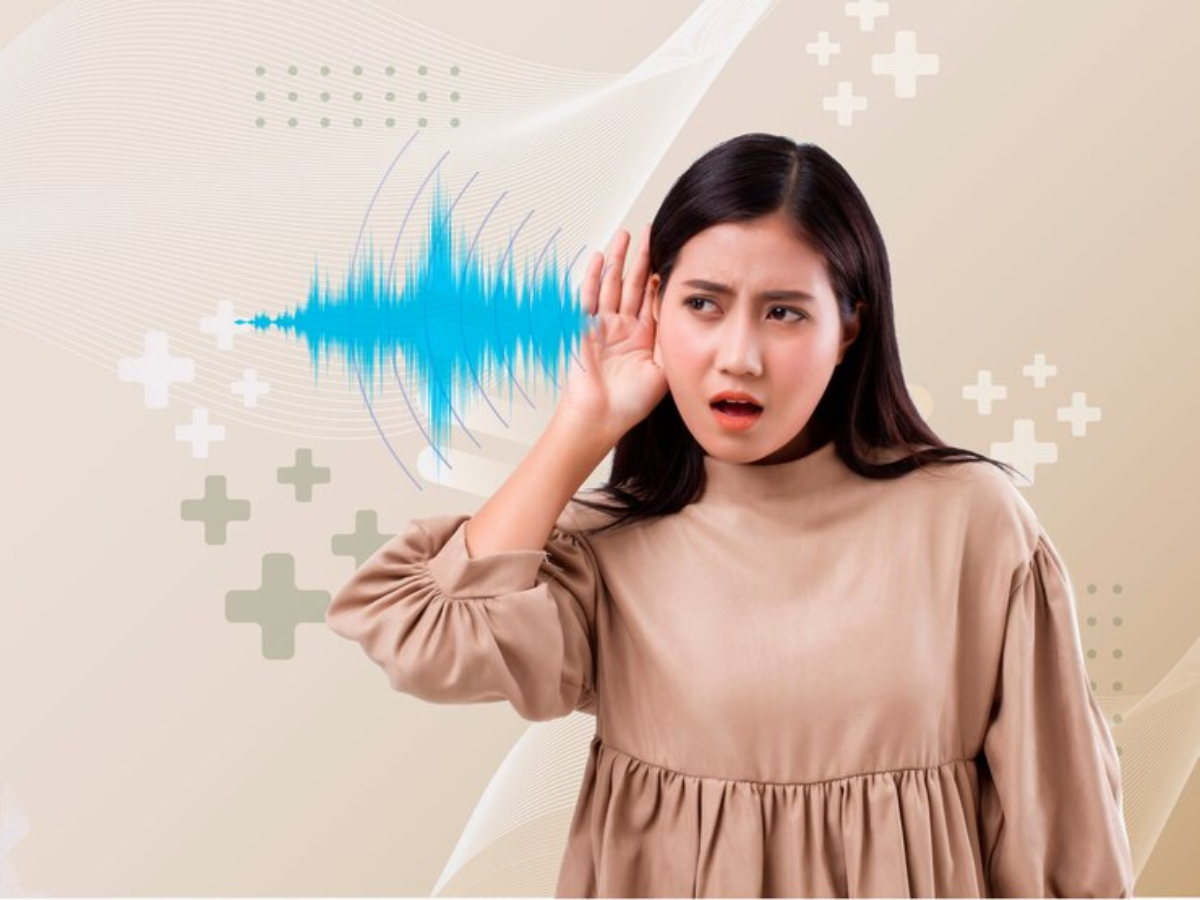
Just imagine waking up after a normal night of sleep and you find that your ear doesn’t seem to hear thing. It’s quite a scary imagination, right? In recent reports, renowned Bollywood playback singer of 1990s Alka Yagnik disclosed, that she has been diagnosed with sensorineural hearing loss after a viral attack. Moreover, she also warns her fans and followers against loud music and the use of earphones as they could lead to hearing impairment. Let’s discuss in detail about this disorder sensorineural hearing loss.
What is sensorineural hearing loss (SNHL)?
SNHL is a condition where there is damage to the inner ear (cochlea) or to the nerve pathways from the inner ear to the brain.
What causes SNHL?

Sensorineural hearing loss can be caused by various factors such as aging, loud noises, excessive use of earphones, genetics, certain medications etc.
Moreover, these can damage the hair cells in the inner ear or affect the auditory nerve, leading to sensorineural hearing loss
Symptoms of SNHL
Well, the most common symptoms of SNHL are obviously hearing loss. Moreover, sometimes people find it difficult to hear somebody talking to them. Another symptom of this disorder is tinnitus. People often describe hearing a high-pitched ringing type of sound or a buzzing sound. Additionally, sometimes people can’t hear properly in a noisy environment.
Why does Alka Yagnik warns against loud music or the use of earphones?
Well, loud music or excessive use of earphones at high volumes can lead to SNHL. When music is played at high volumes or earphones are used at excessive levels. It can damage the hair cells in the inner ear that are responsible for detecting sound.
Treatment and Prevention
Well, in temporary cases SNHL can be treated with antibiotics and hyperbaric oxygen therapy. Moreover, in permanent cases cochlear implants and hearing aids are recommended.
Prevention is better than cure
- Avoid loud noises
- Limit the duration and volume when listening to music through headphones or earphones.
- Have regular hearing screenings to monitor your hearing health



